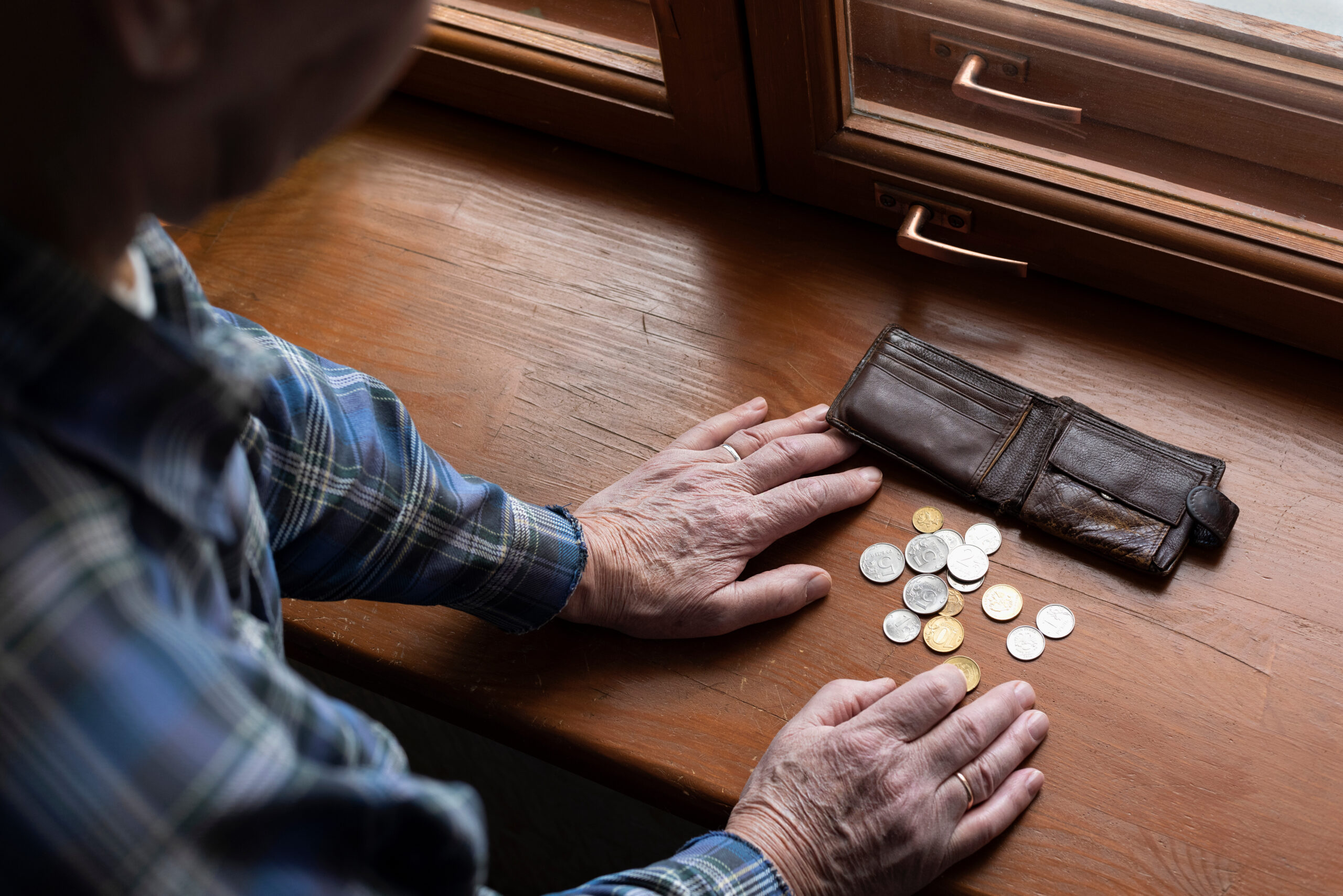Community experts and advocates expect the overturn of Roe v. Wade and Planned Parenthood v. Casey to disproportionately impact people of color across the country.
Suffolk University Law School Professor and Director Renée Landers explained that women of color mostly choose to get an abortion for financial reasons or because they lack adequate healthcare and insurance coverage.
“This notion that this is a decision about respecting the health and wellbeing of women and children, or pregnant people and children, is just not credible given [the] current status of things,” Landers told GBH.
Local leaders are especially concerned about potential criminal charges that may follow BIPOC women seeking abortions in restrictive states or if they travel out of state for the procedure, as criminalization currently disproportionately impacts communities of color.
“We need to be extraordinarily vigilant about how we go about organizing our day-to-day lives,” said Executive Director Iván Espinoza-Madrigal of Lawyers for Civil Rights in Boston. “With the landscape, the risk of criminalization, it is really important to get legal advice, especially if you’re in a state where these trigger laws are starting to pop up.”
Experts also expect the Supreme Court’s ruling to disproportionately impact low-income residents living in rural areas of states where abortions are now banned since these individuals likely lack the transportation to travel out of state for an abortion.
Rural communities have become more racially and ethically diverse over the last decade, according to Brookings. In 2020, census population data found that 24% of rural Americans were people of color.
“I am deeply disappointed in today’s decision by the Supreme Court which will have major consequences for women across the country who live in states with limited access to reproductive health care services,” Gov. Charlie Baker said Friday.
Baker responded to Friday’s ruling with a “shield law” that aims to protect abortion providers from out-of-state lawsuits.
“The Commonwealth has long been a leader in protecting a woman’s right to choose and access to reproductive health services, while other states have criminalized or otherwise restricted access,” Baker said. “This executive order will further preserve that right and protect reproductive health care providers who serve out of state residents.”
In 2020, the State House passed the ROE Act, which established abortion access up to 24 weeks with exceptions after 24 weeks and authorized anyone age 16 and over to get an abortion without consent from a parent or judge.
Advocates expect these established protections to attract large numbers of patients seeking abortions to the state, as about 26 states are expected to ban or heavily restrict abortion access.
“It could mean wait times at clinics are longer,” said Smith College Professor Carrie Baker. “You know, certainly people here in Massachusetts are going to be spending a lot of time and energy to help people in other states — the abortion funds and potentially doctors.”
Publisher’s Notes: This story is an aggregate from GBH.
Cover Photo: Meredith Nierman / GBH News




